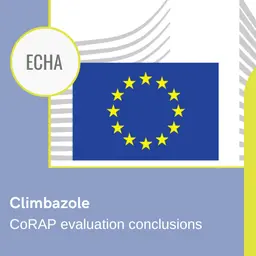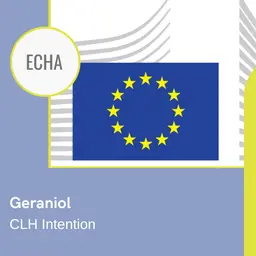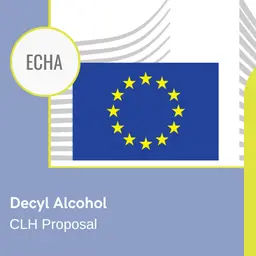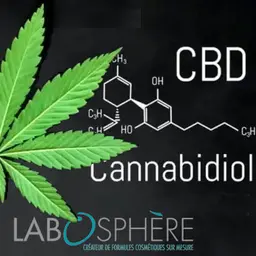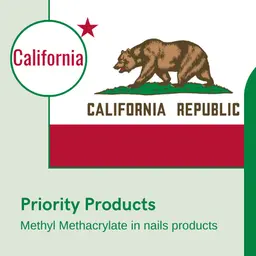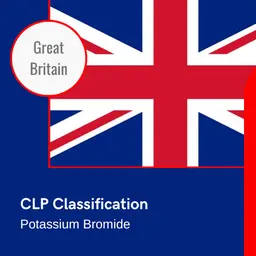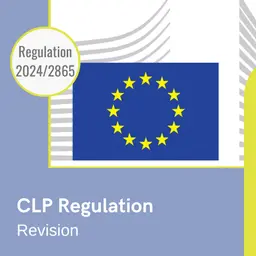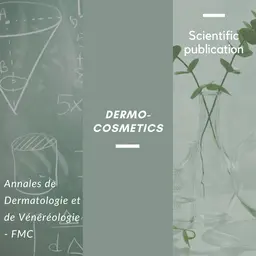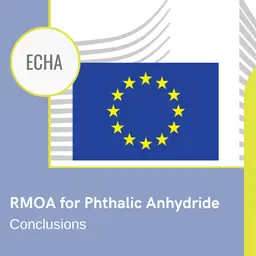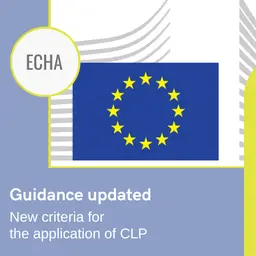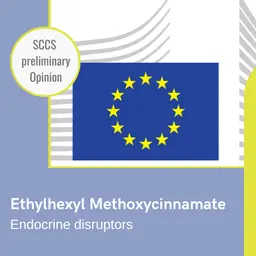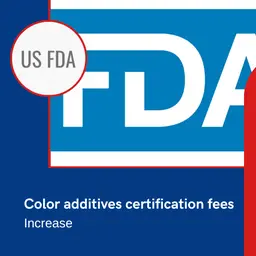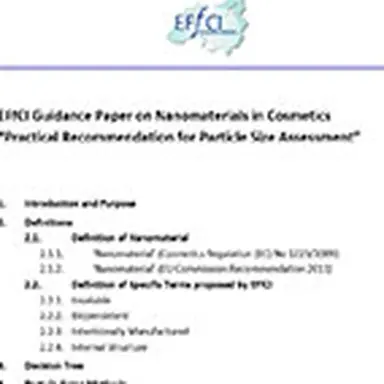
The European Federation of Cosmetic Ingredients (EFfCI) has published on its website a guidance paper on nanomaterials in cosmetics, with practical recommendation for particle size assessment. It aims to be a reference to decide whether the substance has to be considered as a nanomaterial.
In its introduction, this paper reminds us that within the last years, several definitions of ‘nanomaterials’ have been published. A common problem of all these definitions is the lack of analytical methods linked to the particle size distribution and other parameters included in each definition.
Therefore in practice industry is free to use whatever method appears suitable to determine the particle size distribution of a substance. The differences between and within methods often lead to diverging results whether a substance is considered a ‘nanomaterial’ or not. This means that the classification of a substance even under one definition depends strongly on the analytical method used for particle size distribution measurement and the sample preparation method.
This can lead to diverging conclusions concerning regulatory status and compliance issues.
The purpose of the Guidance Paper is to suggest appropriate analytical methods to decide whether the substance has to be considered as a ‘nanomaterial’ acc. to the definition of the Cosmetics Regulation (EC) No1223/2009.
This EFfCI Guidance Paper is suggested as a recommendation for member companies and may be used as a reference.
For further information
• See the EFfCI Guidance Paper on Nanomaterials in Cosmetics, on EFfCI website

